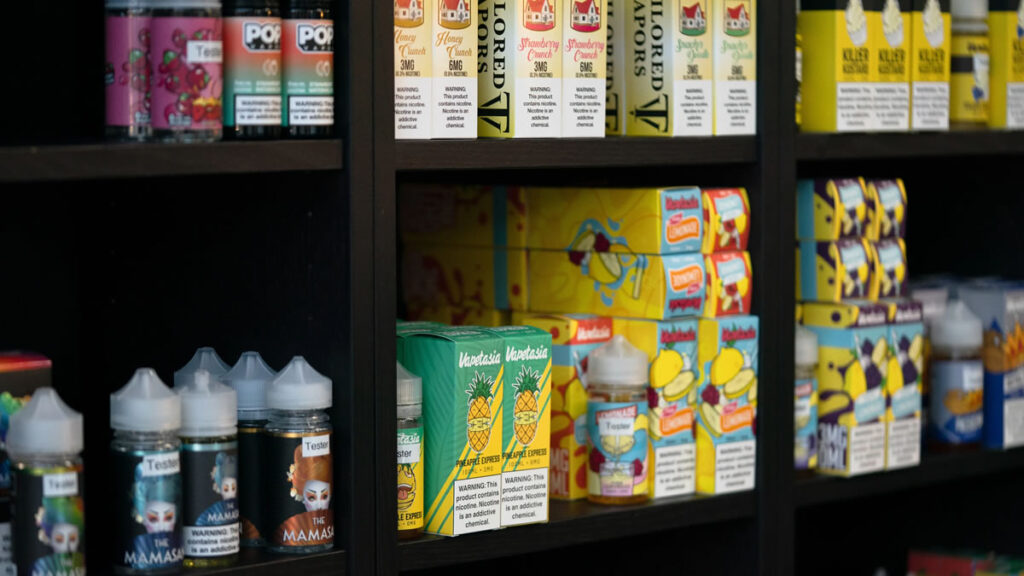The Washington State House Committee on Consumer Protection and Business has approved House Bill 1203, which aims to ban flavored vapor and tobacco products in the state. Supporters argue that selling vapor products in fruit and candy flavors encourages children to become addicted to nicotine, which the CDC warns can damage their developing brains.
While Washington state already prohibits the sale of all vapor products to individuals under 21, Chris Reykdal, the state's superintendent of public instruction, told lawmakers last month that kids are still accessing these products.
HB 1203, sponsored by State Rep. Kristine Reeves (D-Federal Way), would not only ban flavored vapor products but also menthol cigarettes. However, the measure faces significant hurdles, as banning sales of these products would result in an estimated $234 million loss in tax revenue over two years. This financial impact is particularly concerning as lawmakers grapple with an estimated two-year budget shortfall of $10 billion to $12 billion.
State House Majority Leader Joe Fitzgibbon (D-Seattle) described the potential revenue loss as "vast," underscoring the challenge of passing the bill in the current fiscal climate. Rep. Reeves has proposed other tobacco-related taxes this year to help offset the revenue impacts.
Advocates of the bill, like Reeves, argue that while the state has successfully reduced youth cigarette smoking, the problem has simply transitioned to vaping. The 2023 Healthy Youth Survey found that 14% of 12th graders surveyed had used vapor products or e-cigarettes in the past 30 days.
Opponents of the bill, including stores that sell vapor products, argue that vaping is not the same as smoking. Sara Stewart, a lobbyist for a coalition of retailers that sell vaping products, expressed a desire to work with lawmakers to address concerns about youth vaping while still allowing adults access to products that have helped them quit smoking.
For HB 1203 to become law, it must clear the House Appropriations Committee, which deals with budgetary issues, and then pass the full House and Senate. The bill's progress will likely be closely watched as Washington state seeks to balance public health concerns with the need to address its budget shortfall.

Tech Reviewer & Vape Enthusiast
Rohan Sharma is a dynamic and analytical voice in the Indian vaping landscape, blending his passion for technology with a deep understanding of the global vape market. Based in Bangalore, India's tech hub, Rohan leverages his IT background to dissect the intricate details of vaping devices, from chipset performance to coil longevity. His content aims to empower the growing Indian vaping community with precise, data-driven reviews and practical advice.




